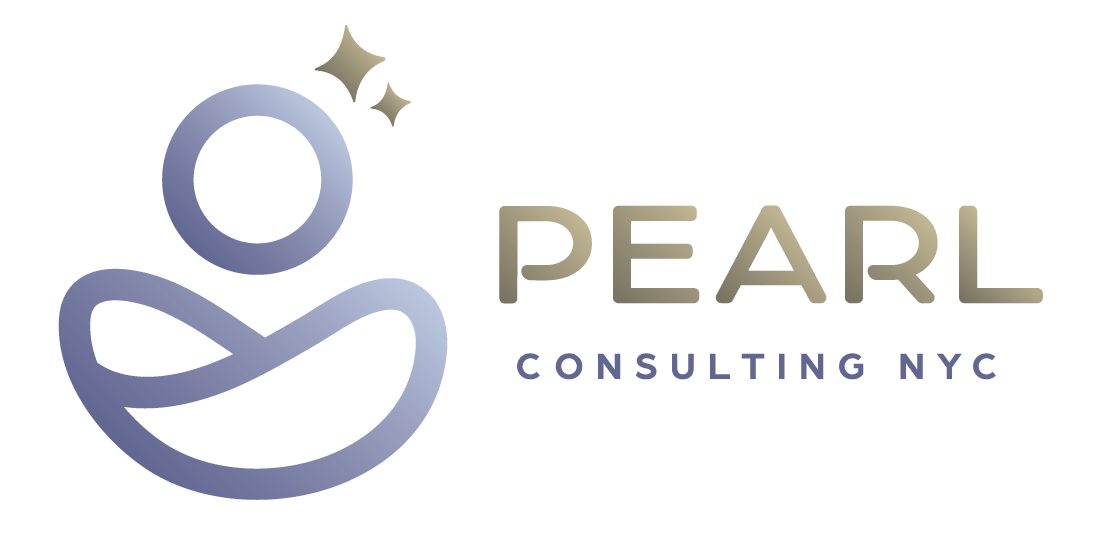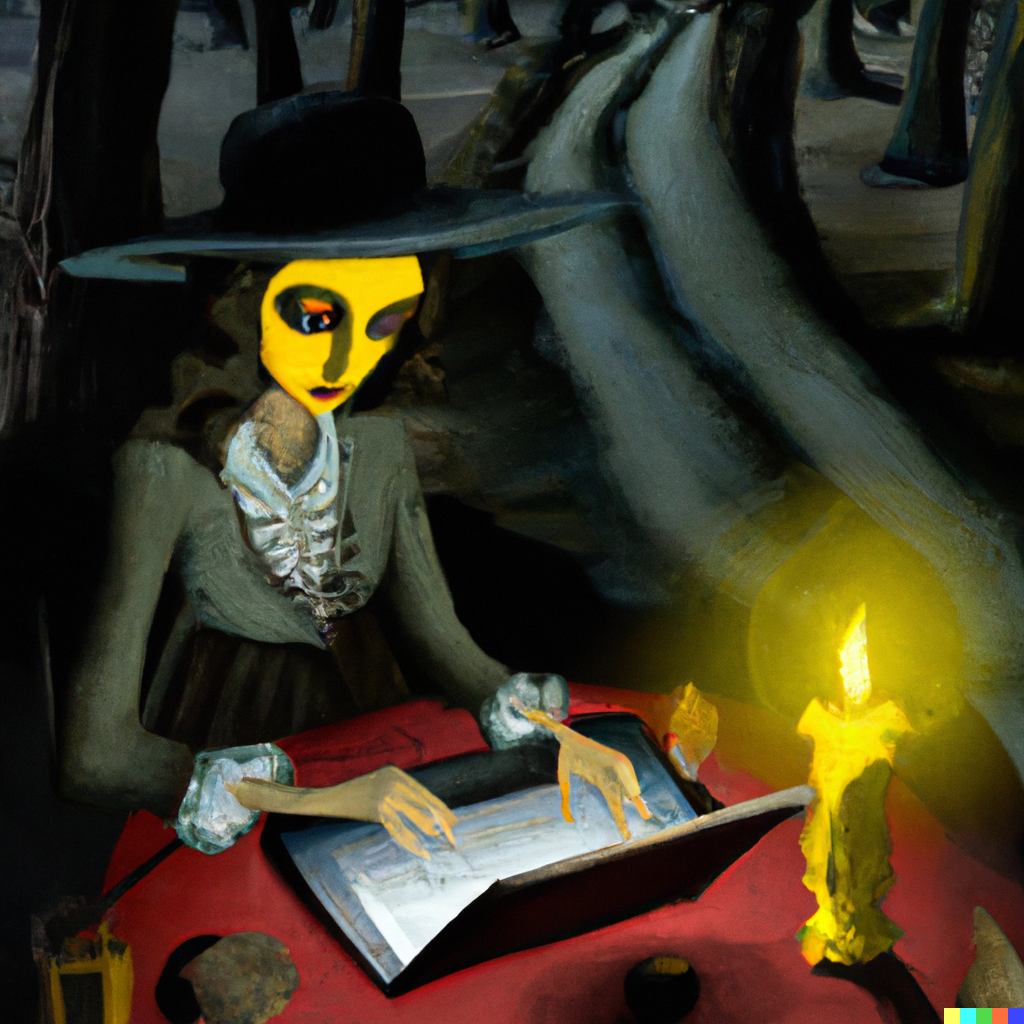Tales from the Copywriting Crypt
When children gather around the campfire they tell horror stories of ghosts and serial killers. Small business owners also have our horror stories, although we’re more likely to tell them around a bottle of wine.
So gather ‘round and we’ll tell you some awful-clients stories.
In the last four years of running our copywriting business, we’ve encountered three particularly dangerous characters you should keep an eye out for. We’ll also tell you what we’ve learned about how to handle those clients if you encounter them in a dark alley on a foggy night.
Names have been changed to protect the innocent.
Ghosted by a Ghost
Marley contacted us on LinkedIn to ask us about our resume writing services, saying that his agency needed qualified resume writers. We didn’t know him, but we had one mutual connection in common and he had a legitimate-sounding company page for his digital marketing agency.
We scheduled a call with him. During the call, Marley told us that the last resume writer they had hired hadn’t worked out because she couldn’t handle a high volume. The compensation he offered was more than fair. He asked us to send samples of our work and said that he would be in touch.
We sent the writing samples and waited.
A few days later, he reached out and said that we’d gotten the gig over several other qualified people. We were flattered, told everyone about our new gig, and put together a contract for us to review and sign.
We contacted him via email and LinkedIn to see if he had any questions about the contract. We were so excited to work with him and his agency.
And then … he vanished!
We waited, waited, and waited to hear from him. We tried to contact him again multiple times. It seems as though he had disappeared off the face of the earth. After 5 or 6 attempts to reach him, we gave up.
8 months later, Marley reappeared, contacting us via LinkedIn. He had a resume job. He needed it by the next day. He offered us the lowest amount in the range he had originally quoted.
We refused the specter’s entreaty. And once again, he was gone.
By ghosting us for eight months, Marley had proved he couldn’t be trusted. He had promised us a lot of work, made it sound like we had “won” the business, and then went poof.
Why had he done it? What was in it for him? Was it all to get our writing samples so he had a template to do it himself? Did he actually have no real business? The mystery remains unsolved.
Lessons learned: If someone reaches out to you for potential work, vet them thoroughly and never assume you have the business until the contract is signed. And be careful sending samples of your work out into the world. They just might ghost you once they get them.
The Vampire Who Wanted More
We were introduced to Bella, a small business owner who had created a cool holiday product, by a web designer we knew, liked, and trusted. Bella was already his client, and we were hired to be part of the team writing website copy and social media captions for her seasonal item.
There was something that felt off with Bella. She made jealous comments about a relative’s successful online business and made sarcastic remarks about the worth of copywriters and marketing people in general as she tried to negotiate our low price even lower.
Still, we liked the web designer on the project so in spite of personality fit concerns we ended up taking the job. Bella signed a contract and paid us half up front, the other half to be paid on completion of the job.
We created the copy and captions, spending extra hours in meetings with Bella and the web designer to make revisions and final changes, determined to get everything just right.
Once the work was complete, Bella simply didn’t make the final payment. We contacted her a few times. When she finally replied, she wanted us to do more work than was in the contract before she’d pay us: 20 social media captions and additional copy.
Our response was a firm no, with a polite suggestion that if she wanted to contract with us for more time, we would need additional payment.
With the intervention of our web designer friend, we finally got paid. But by then it felt like we’d been completely drained dry by Bella.
Lessons learned: Listen to your intuition - if you feel a client’s not a good fit for you, you’re probably right. Don’t assume that because you have a good relationship with one business partner that you’ll be able to work with all of their clients. Set limits and clear time boundaries in your contract so you don’t lose money on a job.
Annabelle’s Puppet
Annabelle was a busy consultant with a successful track record in her industry. We met her through networking, and she hired us to rewrite her LinkedIn profile. She was likable, known for her ethics and knowledge, and in high demand.
Our usual LinkedIn process is to have a meeting where we ask questions tailored to that person, actively listening and delving deeper. That way we can create a profile that highlights who they are and how they stand out.
But Annabelle felt she was too busy for that, so she delegated the entire project to her assistant Pinocchio, who she assured us could answer any questions. In spite of some concerns, we decided to accept this limitation.
Pinocchio was pleasant to work with, but he didn’t know most of the answers to our interview questions. He made replies like “I’m not sure,” “I can ask about that,” and “I guess probably …” Imagine creating a sculpture of someone based on the description of someone who had only seen them from far away.
Pinocchio told us to simply copy the formulaic, impersonal profiles used by other successful consultants in their industry. We came up with something based on what little we knew, but we didn’t have enough information to create a profile that really showed who she was.
Although we reached out several times, Anabelle never said whether or not she liked what we’d done, and the profile remained unfinished. It was an unsatisfying outcome for everyone involved.
Lessons learned: If the client isn’t able to participate in your process, maybe it’s not a good fit. Filtering things through a third party doesn’t give you a good sense for someone’s personality, and if that’s important to a writing project, insist on access to the client or walk away.
Not every client story is a horror story, so keep moving forward
It can be scary to start work with a new client. You never know if signing the contract is the opening chapter of your next horror story.
What keeps us going is we also remember those times when our client turns out to be a unicorn or a friendly elf. But those are stories for another bottle of wine.
We all have stories to tell. If you need help telling yours, contact us. No vampires, please.




